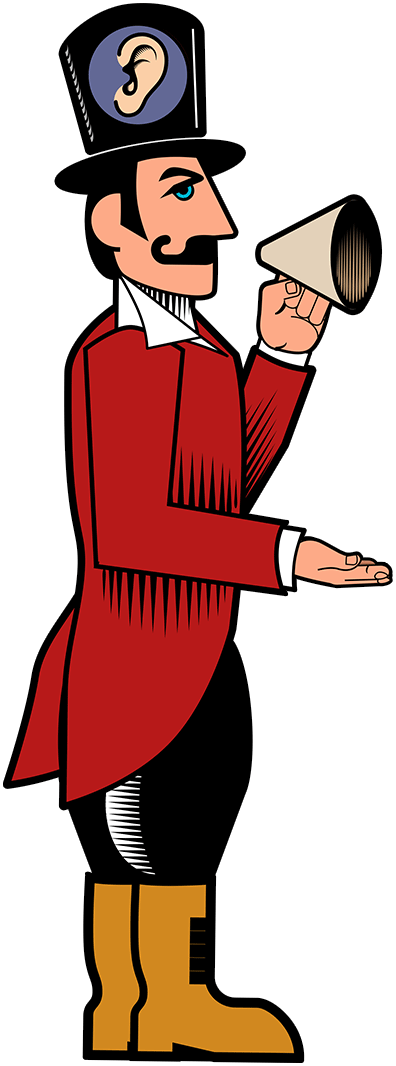Key words for GCSE English Literature.
|
|
poet |
A poet is someone who writes poems.
|
|
|
stanza |
A stanza is a grouping of two or more lines in a poem and provides order and an expectation of closure.
*
|
|
|
punctuation |
Punctuation marks are used in writing for clarity.
|
|
|
voice |
The voice refers to the characteristic speech of the narrator.
|
|
|
line |
A line is a unit of poetry.
|
|
|
speaker |
The speaker is the narrator of a poem.
|
|
|
regular |
A poem can have regular features like a pattern.
|
|
|
irregular |
A poem can be irregular and not follow a pattern.
|
|
|
rhyme |
Rhyme is the repetition of similar sounds in a poem.
|
|
|
mood |
Mood is the atmosphere created by the text.
|
|
|
pace |
Pace is the perceived speed of a poem.
|
|
|
structure |
The structure of a poem is the way it is arranged and presented.
|
|
|
caesura |
A caesura is pause or break in a line of poetry.
*
|
|
|
enjambment |
A poet uses enjambment to flow from one line to the next without punctuation.
*
|
* This sentence was added by a Spellzone user.
Develop better spelling habits with customized practice tools.



How to use:
Look and read the word.
Say the word. Click the speaker icon.
Cover the word.
Write the word.
Check your spelling.
Practice these words while playing fun and educational games.
 Spelling Snowball
Spelling Snowball
Winter spelling fun!
![]()
![]()
 Egg Hunt
Egg Hunt
Crack the eggs!
![]()
 Word Search, small
Word Search, small
The classic English word game.
![]()
![]()
![]()
 Against the Clock
Against the Clock
Spelling 'against the clock'.
![]()
![]()
 Mayan Temple
Mayan Temple
Try the temple spelling puzzle.
![]()
 Monkey Business
Monkey Business
It's bananas!
![]()
Test your knowledge and track your improvement.

Download a printable spelling list for studying anytime.
Strengthen spelling retention through writing practice.

"Thank goodness for Spellzone during this remote learning phase. The site is easy for students to navigate independently and they're really enjoying the activities and spelling games. You get an awful lot for your money with Spellzone. Really reassuring is the very prompt response with helpdesk queries. I've very rarely needed the helpdesk, but when I have, the issue has been addressed and sorted within a very short time."
Sarah Taggart, Oasis Academy Lord's Hill